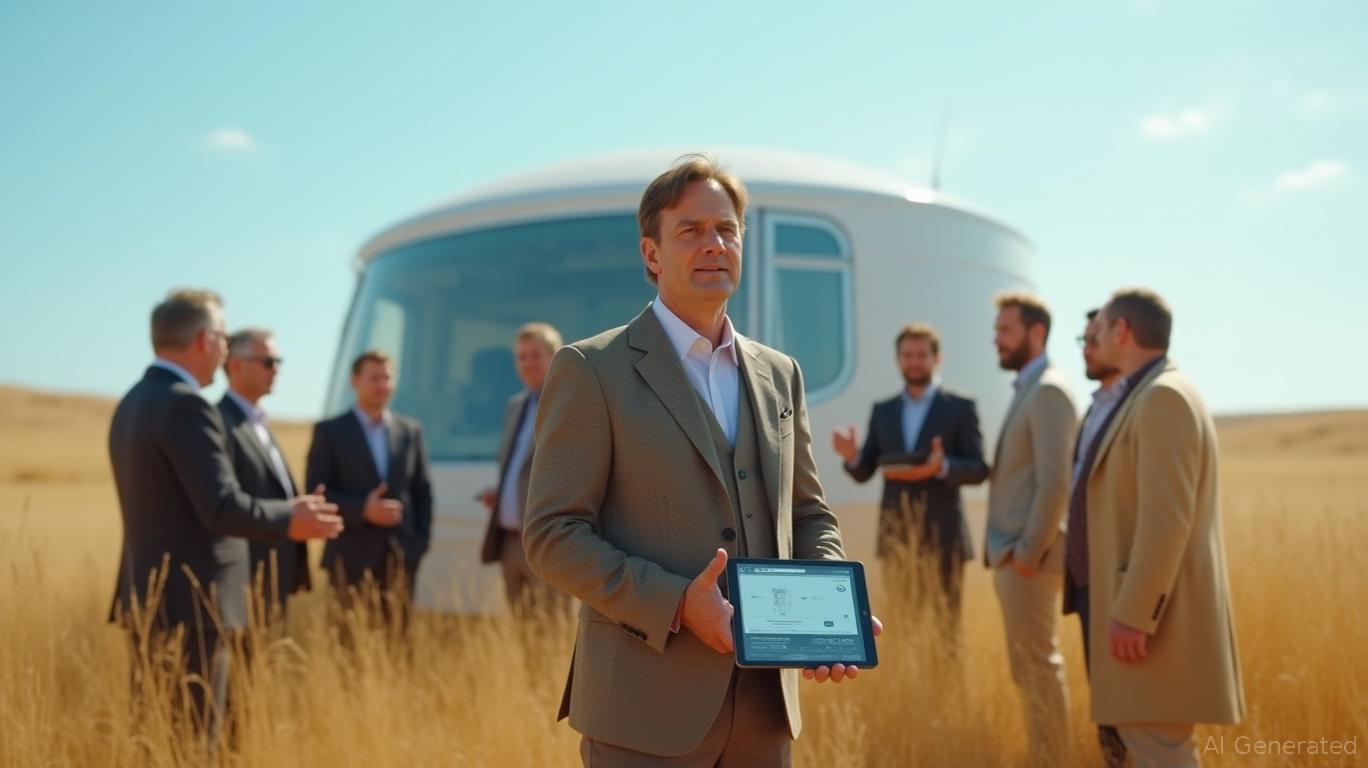OpenAI's Music AI Sparks Legal and Ethical Debates on Creative Rights
- OpenAI develops a generative music tool using text/audio prompts, enabling vocal accompaniment and video scoring. - Collaboration with Juilliard students and $500B Stargate project highlights strategic shift to creative AI after Jukebox. - Faces legal risks from RIAA copyright lawsuits and competes with Suno/Udio in AI music's ethical and commercial challenges. - Tech giants' AI investments (e.g., Microsoft/Oracle) contrast with artists' concerns over AI-generated content displacing human creators. - Pot
According to several sources, OpenAI is working on a new generative music tool that could transform how audio is produced. This development has been highlighted in a
This initiative puts OpenAI in direct competition with companies like Suno and Udio, both of which are currently facing major copyright lawsuits from the Recording Industry Association of America (RIAA). The RIAA claims these startups used copyrighted material without permission to train their models and is seeking damages of up to $150,000 for each violation. OpenAI’s entry into this space could further fuel ongoing debates about the legal and ethical implications of AI-generated music, especially as the industry seeks to balance innovation with protecting intellectual property. The company’s renewed focus on music AI, after pausing earlier projects like Jukebox, suggests it is confident in addressing these complex issues.

This new tool from OpenAI is also part of a wider movement among major tech firms to invest in AI infrastructure. For example, a
The competitive environment is further complicated by differing approaches. Suno and Udio argue that their models are “transformative” and protected by fair use, while other companies like ElevenLabs and Google are taking more cautious steps, such as obtaining licenses or adding watermarks to AI-generated music. If OpenAI integrates its new music tool with existing products like ChatGPT or Sora, it could gain a competitive advantage, though it remains unclear whether the tool will be released as a standalone product.
As OpenAI gets ready to unveil this new technology, the impact could reach far beyond the tech world. Independent artists, in particular, face the risk of disrupted income streams as AI-generated music becomes more prevalent, with platforms like
Disclaimer: The content of this article solely reflects the author's opinion and does not represent the platform in any capacity. This article is not intended to serve as a reference for making investment decisions.
You may also like
Crypto Mining Faces Energy Cost Challenges as Tether Withdraws from Uruguay
- Tether halts Uruguay Bitcoin mining due to rising energy costs and unresolved tariff disputes, ending a $500M project with 30 layoffs. - Unpaid $5M electricity bills forced power cuts in July 2025, accelerating the project's collapse despite initial renewable energy ambitions. - The exit highlights Latin America's regulatory challenges for crypto mining, prompting Tether to shift operations to Paraguay and El Salvador. - Analysts note energy economics now dominate mining strategies, with firms prioritizi

DOGE Holds $0.1499 Support, Reviving Long-Term Bullish Structure and $1 Projection

Dogecoin Holds $0.144 Support as Price Climbs to $0.1484 in Tight Reversal Range

SOL Trades Near Resistance While Heatmap Highlights Major $145 Liquidation Band
